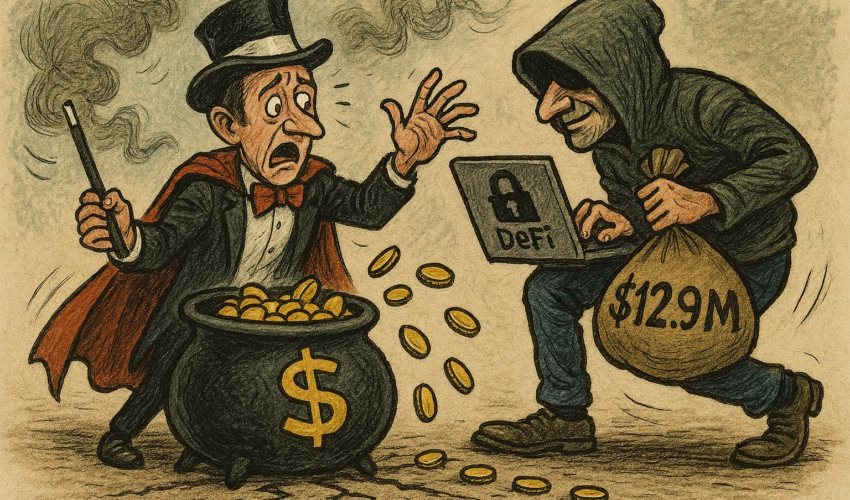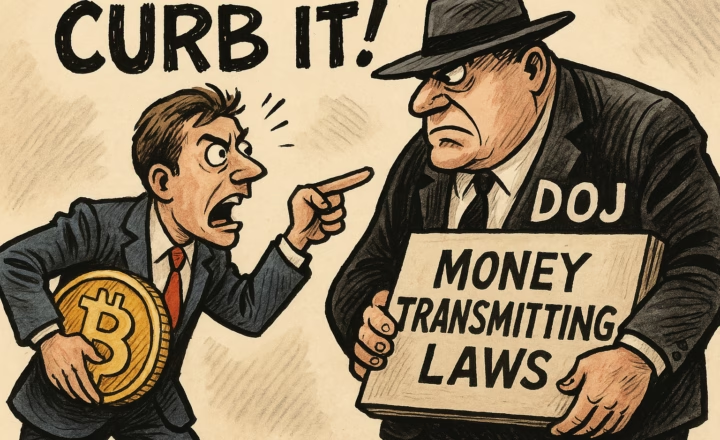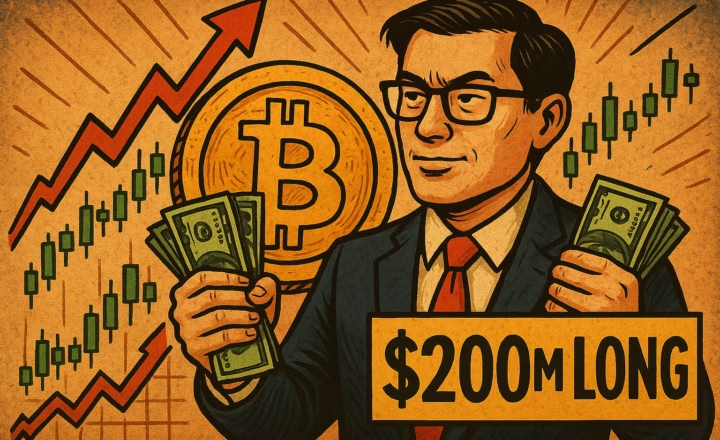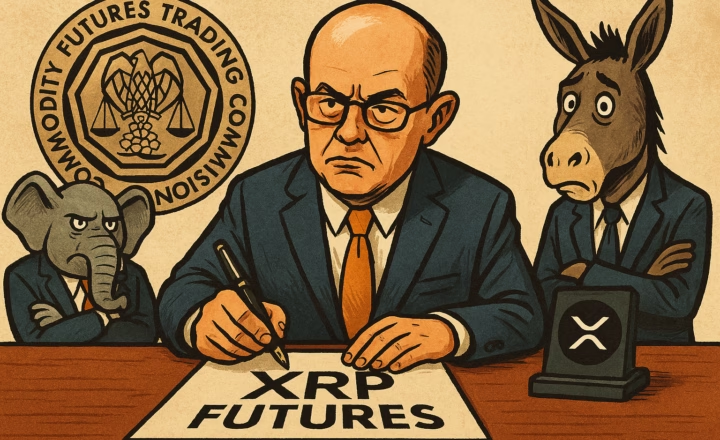DeFi protocol loses 6,262 ETH in targeted exploit; project initiates negotiation strategy to recover funds
Abracadabra Finance, a prominent decentralized finance (DeFi) platform known for its Magic Internet Money (MIM) stablecoin, has suffered a major security breach resulting in the loss of approximately 6,262 ETH, valued at over $12.9 million at the time of the attack. The exploit targeted the protocol’s “MIM_Spell” smart contract component and was executed through a sophisticated manipulation of internal contract logic.
.@GMX_IO @MIM_Spell related contracts have been hacked for ~6,260 ETH (worth ~$13M) pic.twitter.com/LZzMADWB3n
— PeckShield Inc. (@peckshield) March 25, 2025
In the wake of the attack, the Abracadabra team has issued a public message to the hacker, offering a 20% bounty—around $2.5 million—if the attacker agrees to return the remaining funds voluntarily. The move reflects a growing trend in the DeFi space of negotiating with exploiters rather than pursuing lengthy legal or technical recovery efforts.
How the Exploit Happened
Initial reports from blockchain security firms indicate that the attacker exploited a vulnerability within the “Cauldron” smart contract, a core component of the Abracadabra platform. The contract, which facilitates overcollateralized loans using crypto assets as collateral, was manipulated to withdraw more value than was legitimately available.
The attacker quickly bridged the stolen ETH across chains, converting and splitting the assets into multiple new wallets to obfuscate their trail and avoid immediate recovery. This rapid dispersal made traditional tracking and freezing efforts significantly more difficult.
According to security analysts, the vulnerability was specific to the MIM_Spell contract and did not affect the main MIM token contract or its core stablecoin logic. Furthermore, related DeFi protocols such as GMX—which shares ecosystem overlap with Abracadabra—have publicly confirmed that their smart contracts remain unaffected by the exploit.
Response from the Abracadabra Team
In a swift public announcement, the Abracadabra team confirmed the exploit and addressed its community with the following measures:
-
Halting affected contracts to prevent further losses.
-
Launching an internal audit to identify and patch the vulnerability.
-
Engaging with white-hat and black-hat hacker communities to propose a voluntary return of funds.
-
Offering a 20% bounty to the attacker, if the remaining 80% of the stolen assets are returned.
In their message, the team stated:
“We are offering you a chance to return the funds without consequences. You may retain 20% of the total as a white-hat bounty. The rest must be returned to a specified recovery address.”
This approach follows similar precedents in DeFi, such as those involving Curve Finance, Poly Network, and Euler Finance—where bounty deals were successfully brokered.
Market Reaction and Community Response
The immediate aftermath of the hack saw a sharp decline in MIM’s price, briefly de-pegging from its $1 value, though it quickly recovered after reassurances from the team. The incident reignited debate about smart contract security, especially for smaller or aging DeFi protocols with unaudited components or complex legacy code.
Abracadabra’s native governance token, SPELL, also experienced double-digit losses, reflecting shaken investor confidence. Meanwhile, discussions intensified on platforms like X (formerly Twitter) and Discord about the need for better auditing standards and proactive vulnerability disclosures.
Despite the negative sentiment, some community members expressed support for the bounty strategy, recognizing the difficulty of recovering funds through traditional means once assets are moved through privacy-enhancing tools or cross-chain bridges.
Broader Implications for DeFi Security
The Abracadabra hack underscores ongoing structural issues within the DeFi sector:
-
Complexity breeds risk: Highly modular systems like Abracadabra’s Cauldron contracts introduce attack surfaces that are difficult to monitor comprehensively.
-
Audits are not enough: Even audited protocols can fall prey to novel attack vectors, especially if contracts are updated or deployed in unverified forms.
-
Cross-chain complexity: As assets are bridged across networks, tracing and freezing stolen funds becomes exponentially more difficult.
Moreover, the trend of post-hack negotiation is becoming normalized. While such practices may help recover user funds, critics argue it incentivizes malicious behavior by signaling that a payout is possible even after an exploit.
What Investors Should Know
For investors in DeFi tokens or protocols, the Abracadabra exploit offers several key takeaways:
-
Smart contract risk remains a critical threat: Even established protocols with long track records are vulnerable to unforeseen attack vectors.
-
Due diligence on protocol architecture is essential: Investors should evaluate whether DeFi projects rely on complex, composable contracts that could increase exploit risk.
-
Monitor recovery and governance actions: How a team responds to a breach—especially transparency, restitution plans, and technical patches—can influence long-term value retention and user trust.
Investors with exposure to SPELL or MIM should closely follow updates from the Abracadabra team, particularly regarding the potential recovery of funds and improvements to platform security.
Outlook and Conclusion
As of now, the attacker has not responded to Abracadabra’s bounty proposal. If no resolution is reached, the protocol may pursue legal or law enforcement actions, though the effectiveness of such efforts remains uncertain given the pseudonymous and decentralized nature of DeFi exploits.
In the bigger picture, the incident adds to a growing list of high-profile DeFi hacks in 2024–2025, reinforcing the call for formalized security standards, better bug bounty programs, and more comprehensive on-chain insurance models.
Until those protections mature, investors and users alike should approach yield-generating DeFi platforms with a careful eye toward smart contract design, audit history, and team responsiveness.
The spell may be broken, but the lesson endures: decentralization does not absolve responsibility—it demands more of it.













